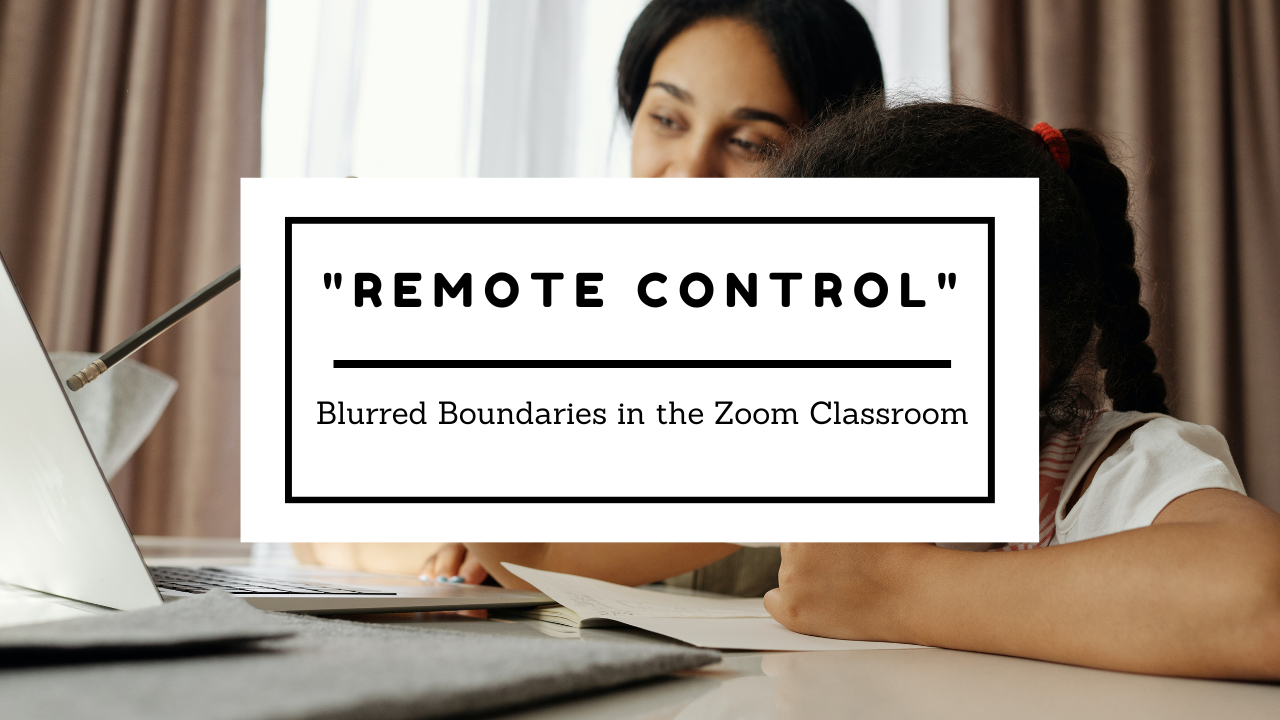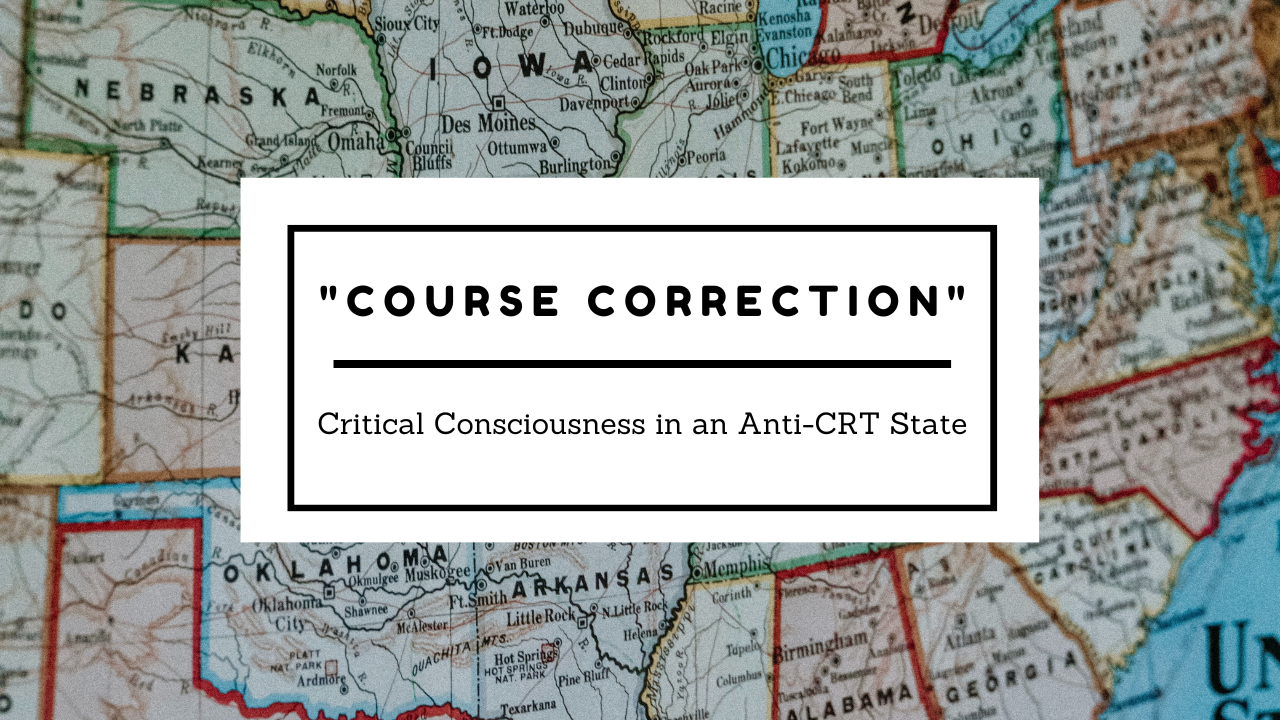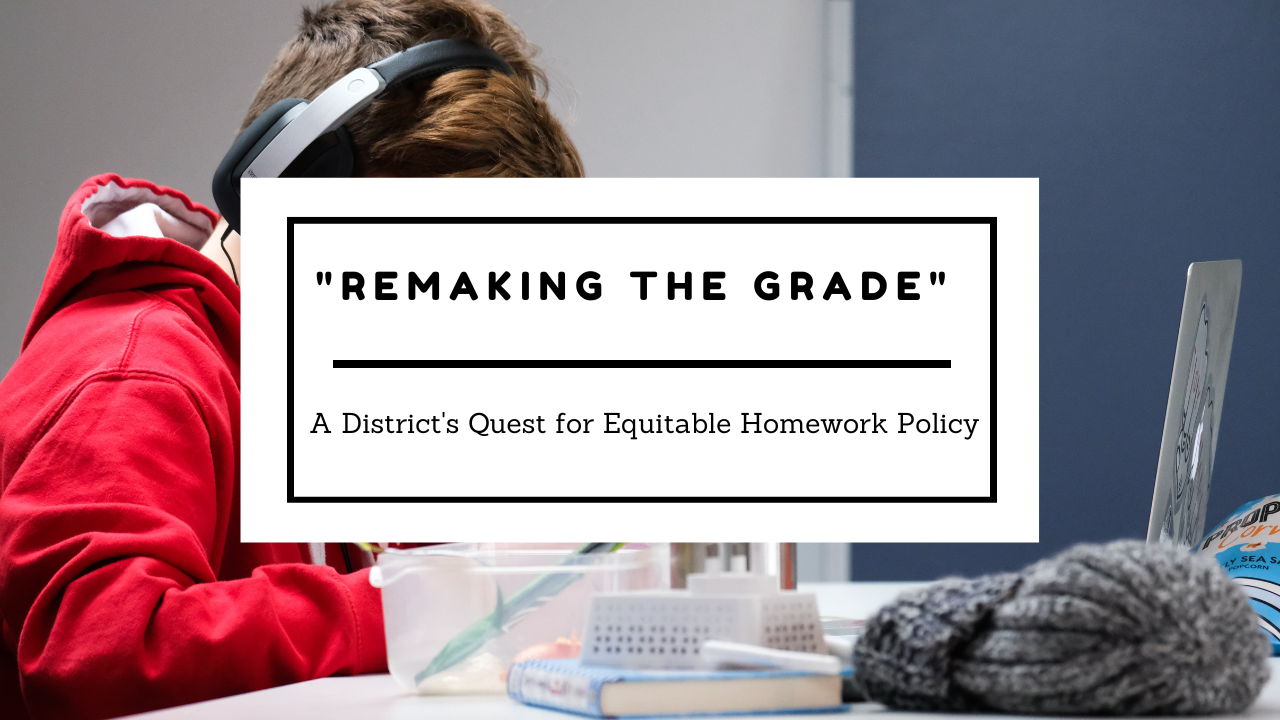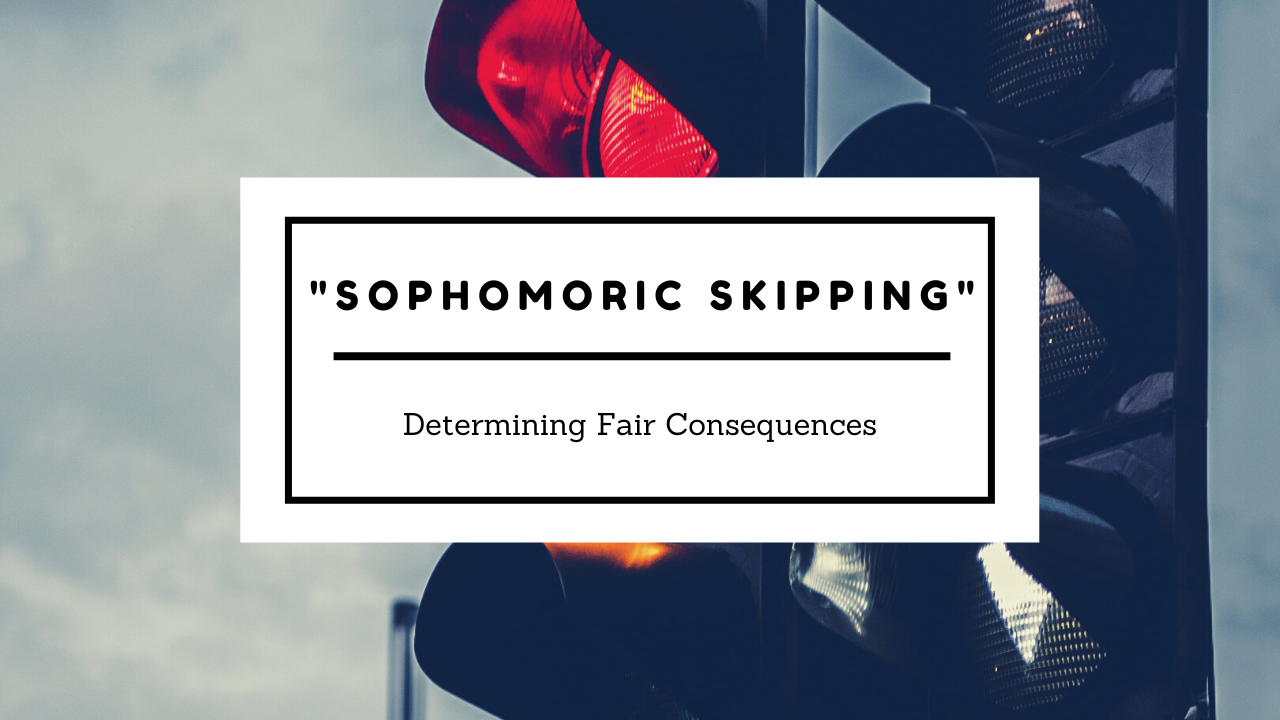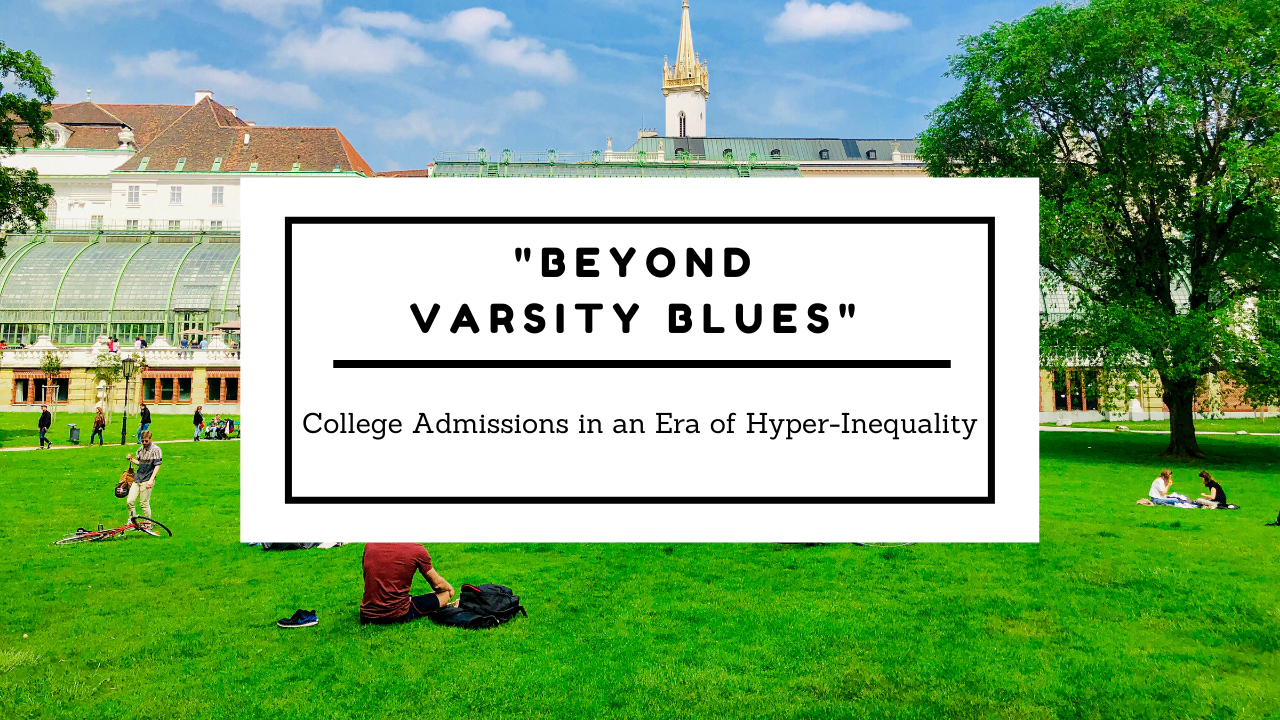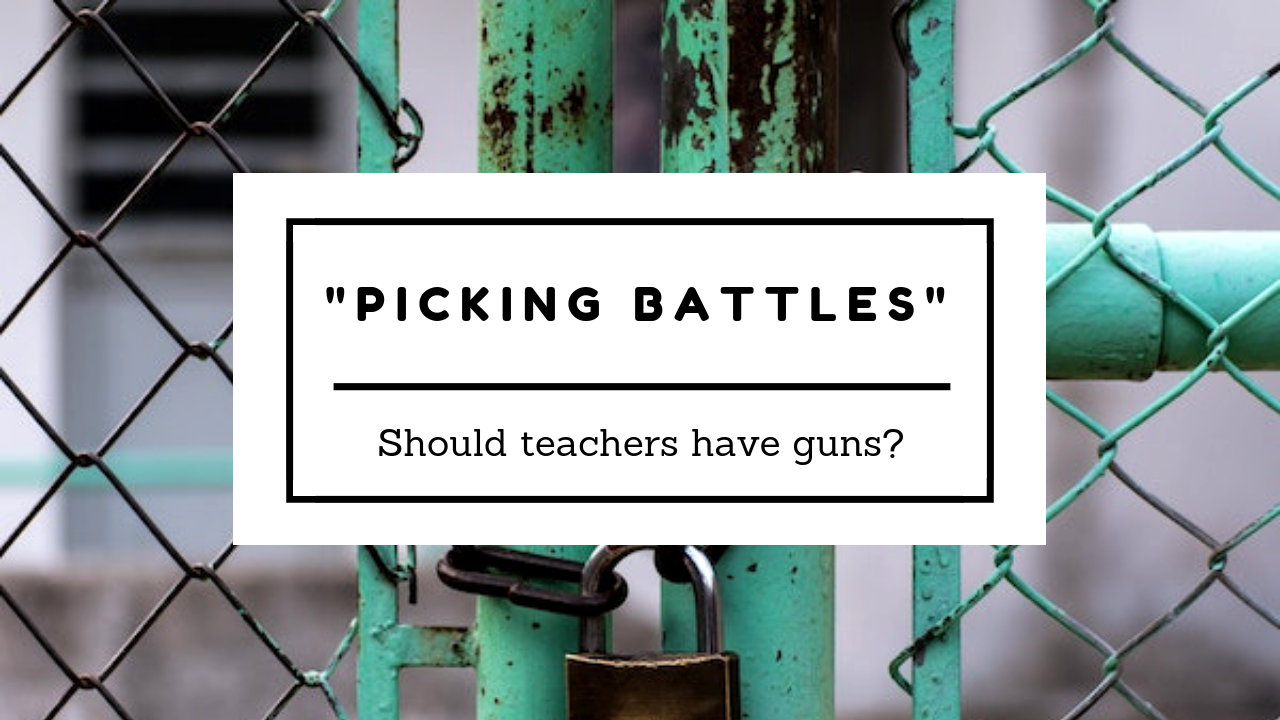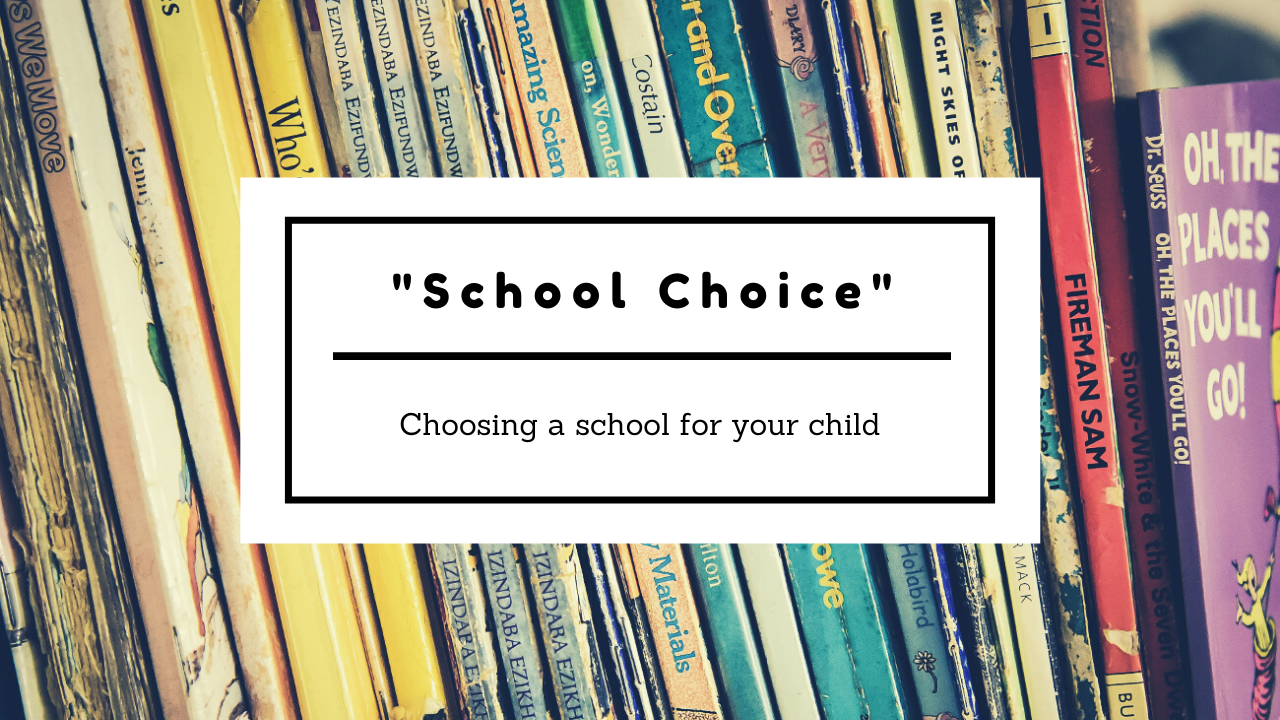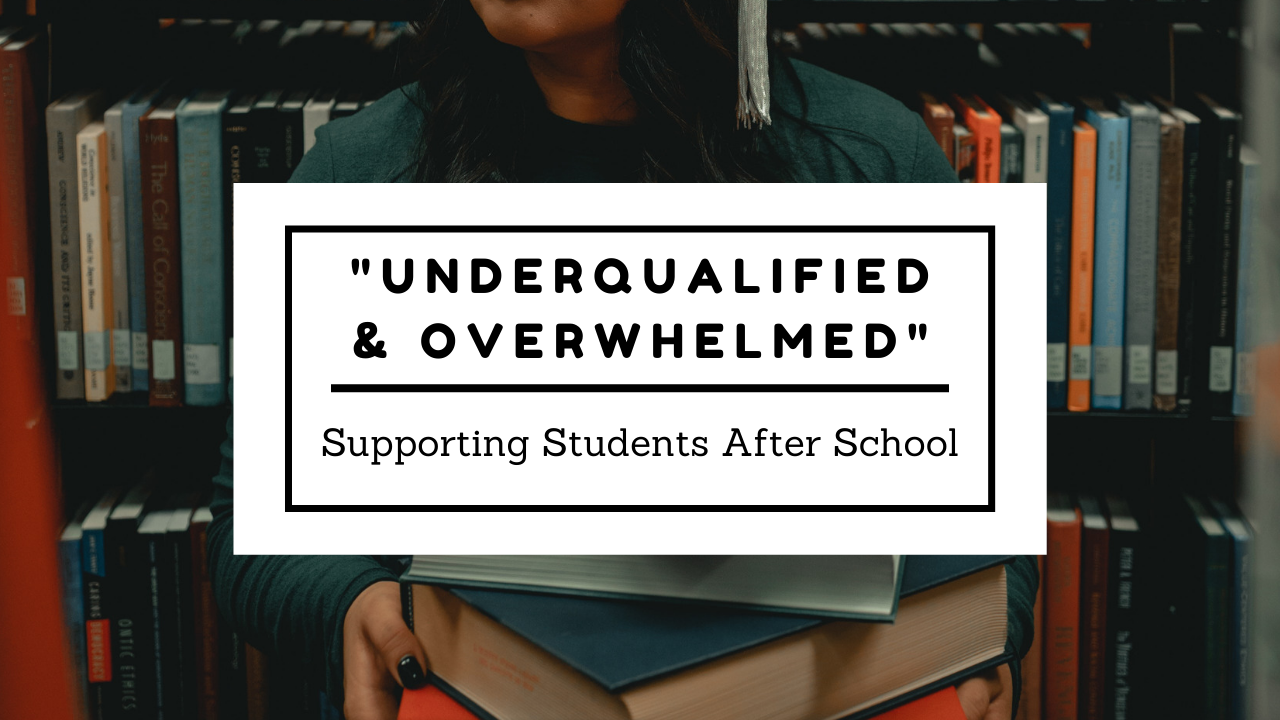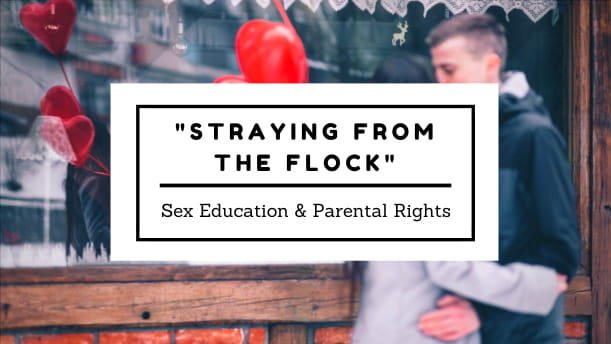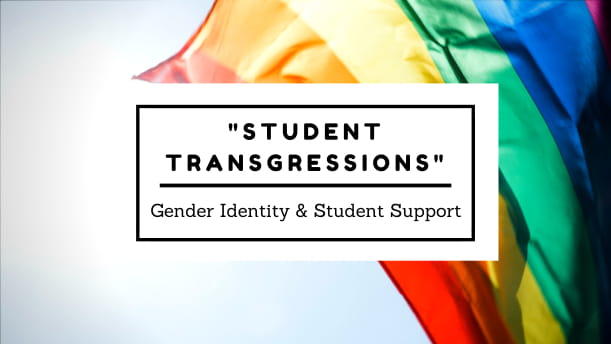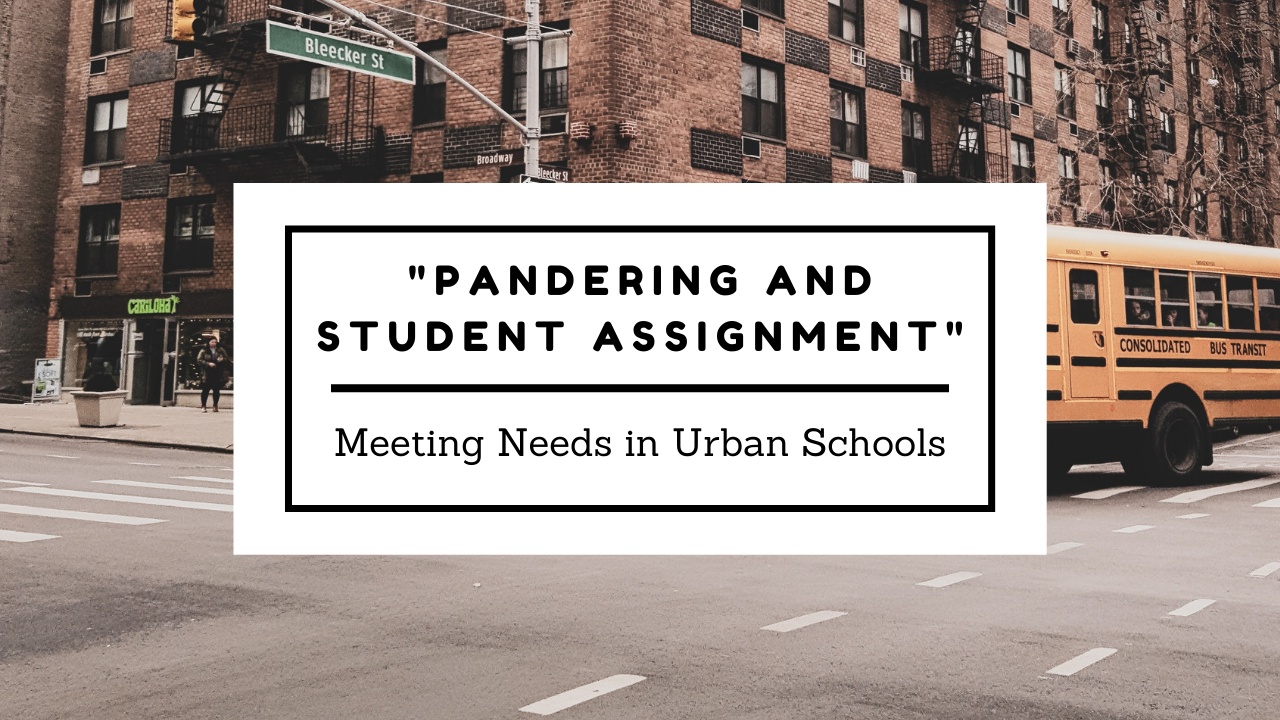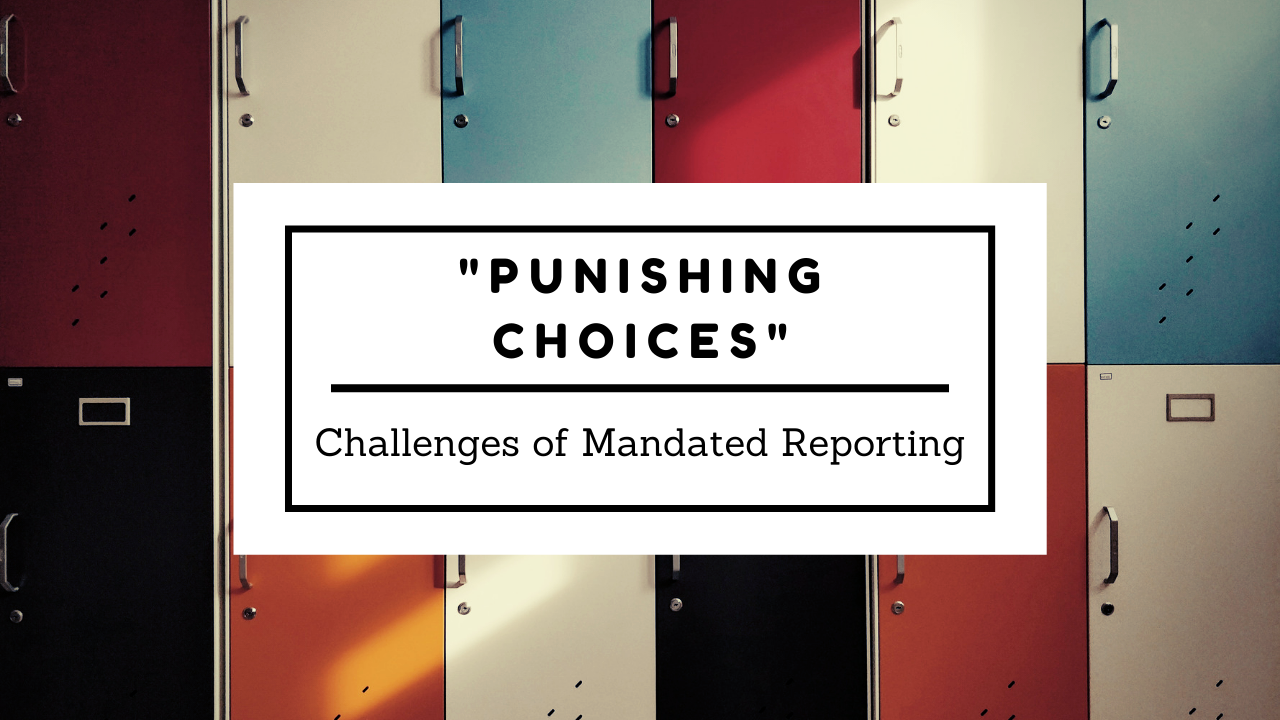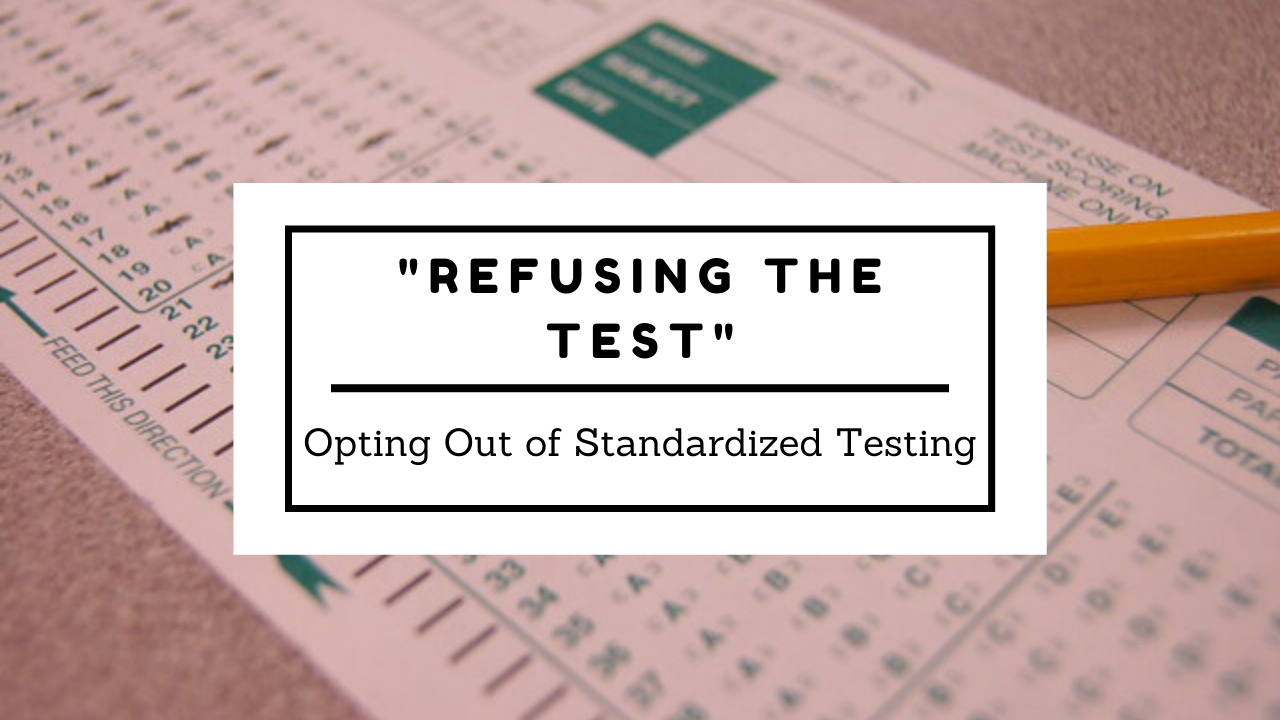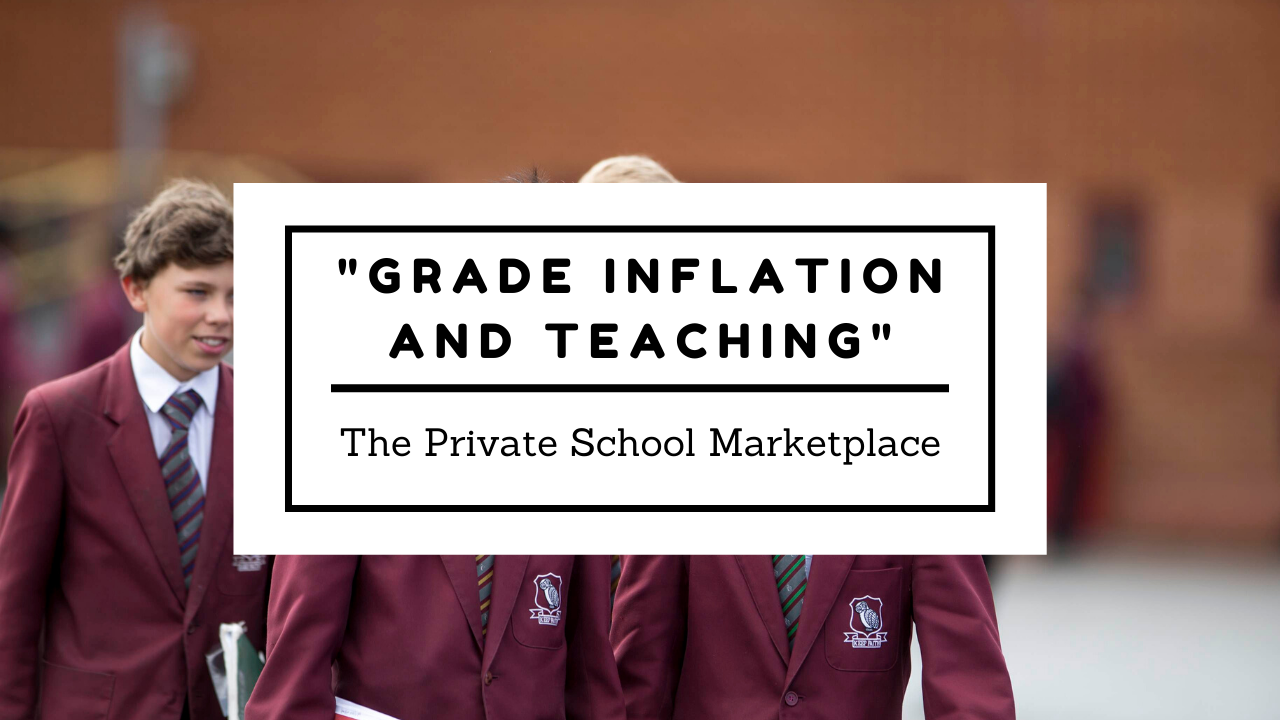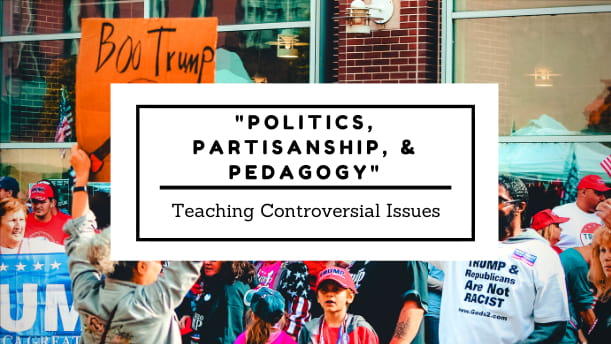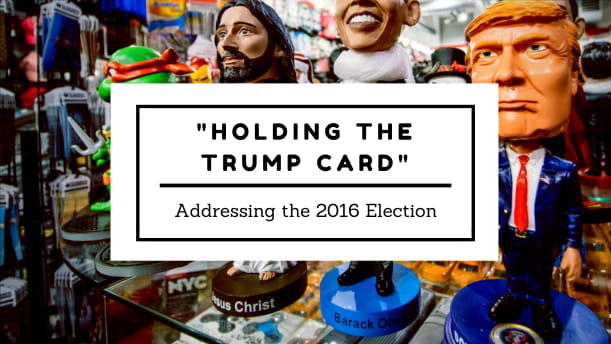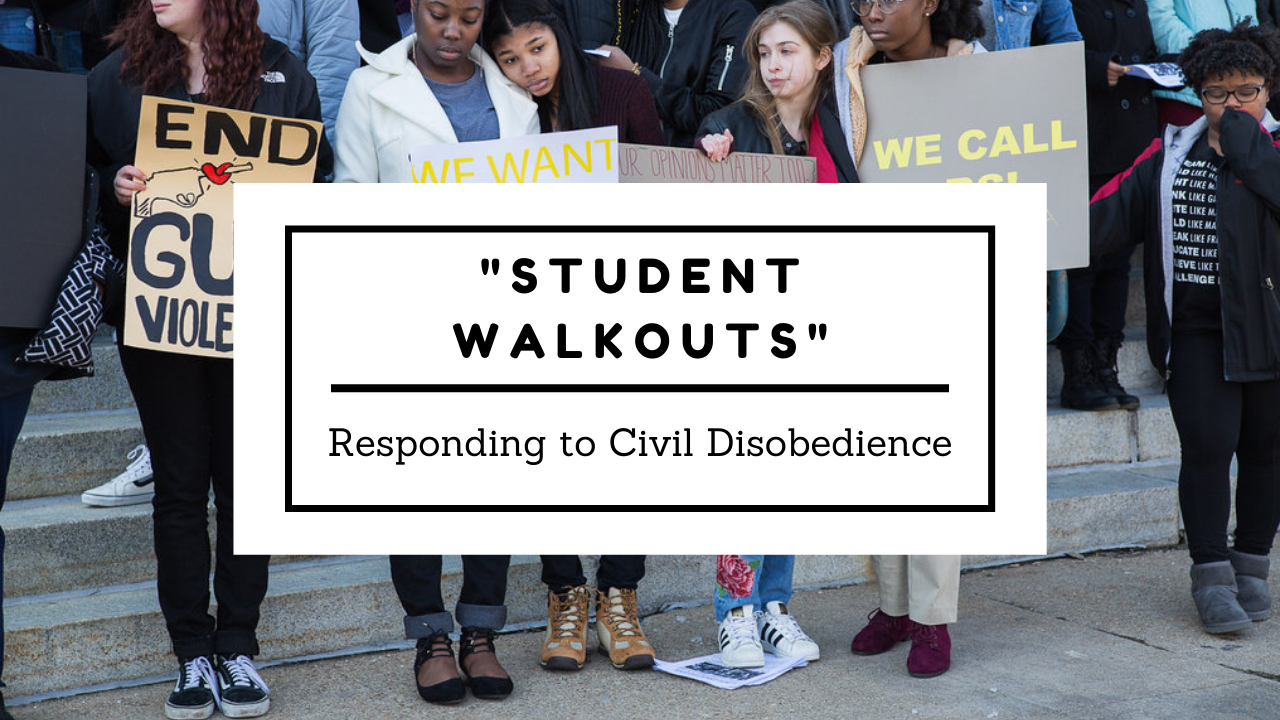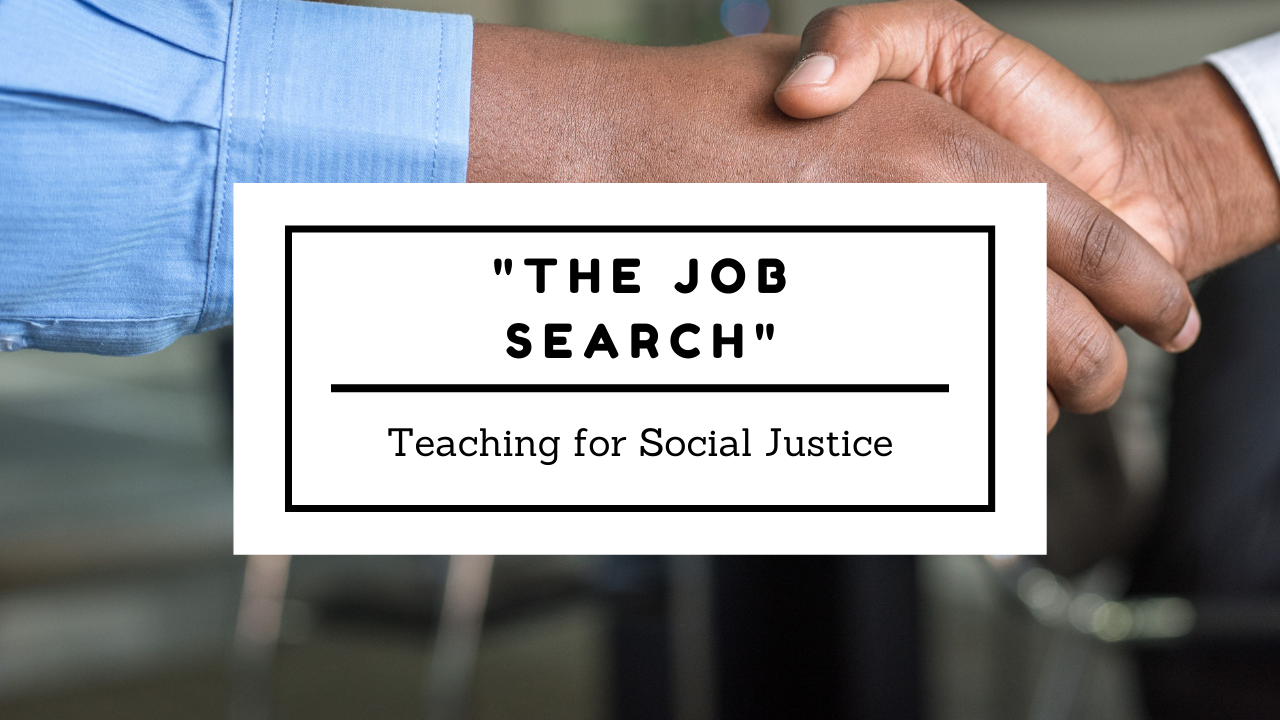|
Cases For: |
Cases About: |
Case Context: |
Case School Level: |
|
A principal in Australia considers how to approach an upcoming holiday commemorating a World War I battle, given the large number of both defence veterans and asylum seekers from war-torn nations in his community. How should schools celebrate traditional national holidays in increasingly diverse nations? |
A teacher in a charter school must decide how to respond when she witnesses a colleague harshly reprimanding a student in class. How should she proceed when her own views about discipline clash with the school’s policies and practices? |
A mentor at a private boarding school must determine her next actions after she witnesses her mentee engaged in sexual activity with another student in clear violation of the school’s policy. How should educators balance their commitments to students with professional responsibility? |
|
Facing rising Islamophobia among the students, a secondary school in England considers a ‘head-on’ approach to addressing Muslim stereotypes with a controversial cartoon satirizing the Prophet Muhammad. But can showing religiously sensitive cartoons in the classroom ever be justified, given the offense caused to many Muslim people? |
As a fourth-grade teaching team prepares to teach on “Virtual Fridays,” educators disagree about whether to require students to keep their cameras on during synchronous instruction. How should the teachers balance their concerns about privacy, consistency, and equity when creating their camera policy? |
In Memphis, TN, debate coaches are surprised when the school district informs them that, because of new legislation, they’re not allowed to use national resources that tackle questions of environmental racism by examining lead in the water supply. How should coaches respond? |
|
This non-fiction case study examines the alternative grading policies used when national examinations in England were canceled during Covid-19. What does fair assessment look like in a time of upheaval—or at any time? |
In 2020, the Kenyan government declared that secondary school would be mandatory for all. In this fictional case, three school leaders debate the ethics of this policy, knowing they won’t get the increased funding they need to accommodate the surge of new students. |
Facing community pushback and a new state law prohibiting instruction on systemic racism and sexism, a middle school principal must decide whether to run a critical consciousness course for students. How should schools fulfill their commitment to equity in the current legal and political climate? |
|
A group of parents in Hong Kong considers which type of schooling will best prepare their children for the future. What responsibilities do they have to their children—and to Hong Kong society? |
In this case study, Arlington, VA, faced criticism from teachers and parents when the district announced a plan to make homework more equitable by eliminating deadlines and other requirements. How should schools address inequities in the resources available to students when it comes to homework completion? |
Corporate sponsorships in schools can provide many benefits for students and teachers, but they also come with costs. In this case from Australia, a high school principal must decide how to lead his school through the sponsorship evaluation process while respecting community stakeholders’ fears and responding to students' climate future concerns. |
|
Conspiracy theories play an increasingly central and problematic role in political debates in liberal democracies around the world. In this case from Germany, teachers struggle to both support a high school student deeply immersed in conspiracy theories and counteract the negative effects these theories have on other students. |
A pair of seventh graders in Madrid take a topless photo of a female classmate and forward it to the rest of the class over the weekend. What responsibilities and limitations does the school have to discipline students for out-of-school behavior? |
Online learning can offer many educational benefits for both students and teachers, but how much online learning is too much? In this case from Germany, should the principal apply for a funding program that would put half the curriculum online, or has the pandemic taught us to be more wary of the risks and pitfalls of education on the web? |
|
Should a student who skipped school be allowed to make up missing work? This case explores dilemmas that arise when academic consequences are linked to behavioral infractions. How can schools discourage dangerous behavior without endangering learning? |
This case from the Netherlands explores the challenges of organizing a safe space for discussion in the online civics classroom. Should teachers refrain from inviting students to share their opinions, feelings and concerns online because they cannot guarantee student safety? |
After introducing a project-based civics curriculum in which students take action to create change, a school leader faces pushback from parents and disagreement about the purpose of civic education from teachers. How should schools respond when civic education becomes a divisive issue in the community? |
|
This case examines the influence of family wealth on college admissions in the wake of the 2019 college admissions bribery scandal. Bribery is plainly unethical, but what is the moral status of other instances where families spend money to help their children secure spots at selective colleges?
|
In this case study, a principal in Canada faces a firestorm when he allows students in his majority-Muslim school to conduct Friday prayers in the school cafeteria. In the public school system of a multicultural democracy, where is the line between accommodating diversity and endorsing religion? |
This case presents an opportunity for educators and administrators to open up dialogue on the matter of guns in school, with emphasis on the question of arming teachers.
|
|
This case explores the challenges of teaching about climate change in a community where a large portion of the residents work in the petroleum industry. How far should educators accomodate local concerns when teaching science? |
Many well-resourced parents face a dilemma in choosing a school for their child. Should they opt for their local public school, investing their resources into the public system, or use those resources to send their child to whatever school they think will benefit them the most? |
How should a teacher balance the needs of a disruptive student against the needs of the other 26 students in the class? This is a micro-normative case study.
|
|
For months, college students who run an after-school program have struggled to manage the challenging behaviors of a child with disabilities. As volunteers with no special education credentials and little training, can and should they continue to work with this student? |
The School Culture Committee at a K-8 school in Jersey City struggles with the impact of divisive political rhetoric on their classroom and school community. |
After a student approaches her with a sexual health question, a health educator must decide whether or not to answer the student's question against the wishes of her parents. |
|
A student in a conservative school district appears to be experimenting with their gender identity. Can the needs of the child be balanced against prevailing community norms? Should they? |
In designing a new school assignment plan, is it ethical to pander to middle class families’ preferences so as to draw them, and their social and economic capital, into the public system?
|
A teacher grapples with when corporal punishment crosses the line into child abuse and whether or not reporting her suspicions is the right decision in either case. |
|
A school principal is asked to respond to growing numbers of parents opting their children out of state tests. How should she balance these parents’ concerns with other parent viewpoints supporting assessment, her own professional obligations, as well as with district and state accountability pressures? |
How should a school maintain professional integrity with respect to their grading policy against, while balancing commitments to student learning, student success in college admissions, and school success in the private school marketplace?
|
In 2011, government schools in New South Wales, Australia began offering philosophy based ethics courses as an alternative to courses in religious education. This case probes the ensuing debate and surveys the diversity of ethical claims made by supporters and detractors of both options. |
|
While planning for their Power of Persuasion project, the Northern High 10th Grade social studies team debates what topics are appropriately controversial for school and what topics endanger safe and inclusive classroom spaces. |
Teachers debate whether or not to promote an eighth grader who has made great strides academically in the face of numerous personal struggles, but who is also failing multiple courses and reading well below grade-level. |
Teachers wrestle with how to teach the controversial issues and topics raised during the 2016 election. |
|
This case explores the dilemmas that emerge when students in Portland, Oregon walk out of school to protest the election of Donald Trump.
|
Should teachers allow a religious student to pursue a citizenship project that argues against gay marriage? |
Towards the end of her Masters in Teaching, a preservice teacher grapples with whether or not to accept a job offer to teach at an urban charter school and discusses what it means to teach for social justice with a group of her colleagues.
|
|
Should all of a young person's online history be open for scrutiny by admissions officers? How should admissions officers acknowledge that students are in the process of development? |
A group of teachers and administrators grapple with how to discipline a student who posted a nasty meme on a classmates social media feed. Should sharing a violent meme be treated differently than other violent speech? |
|





